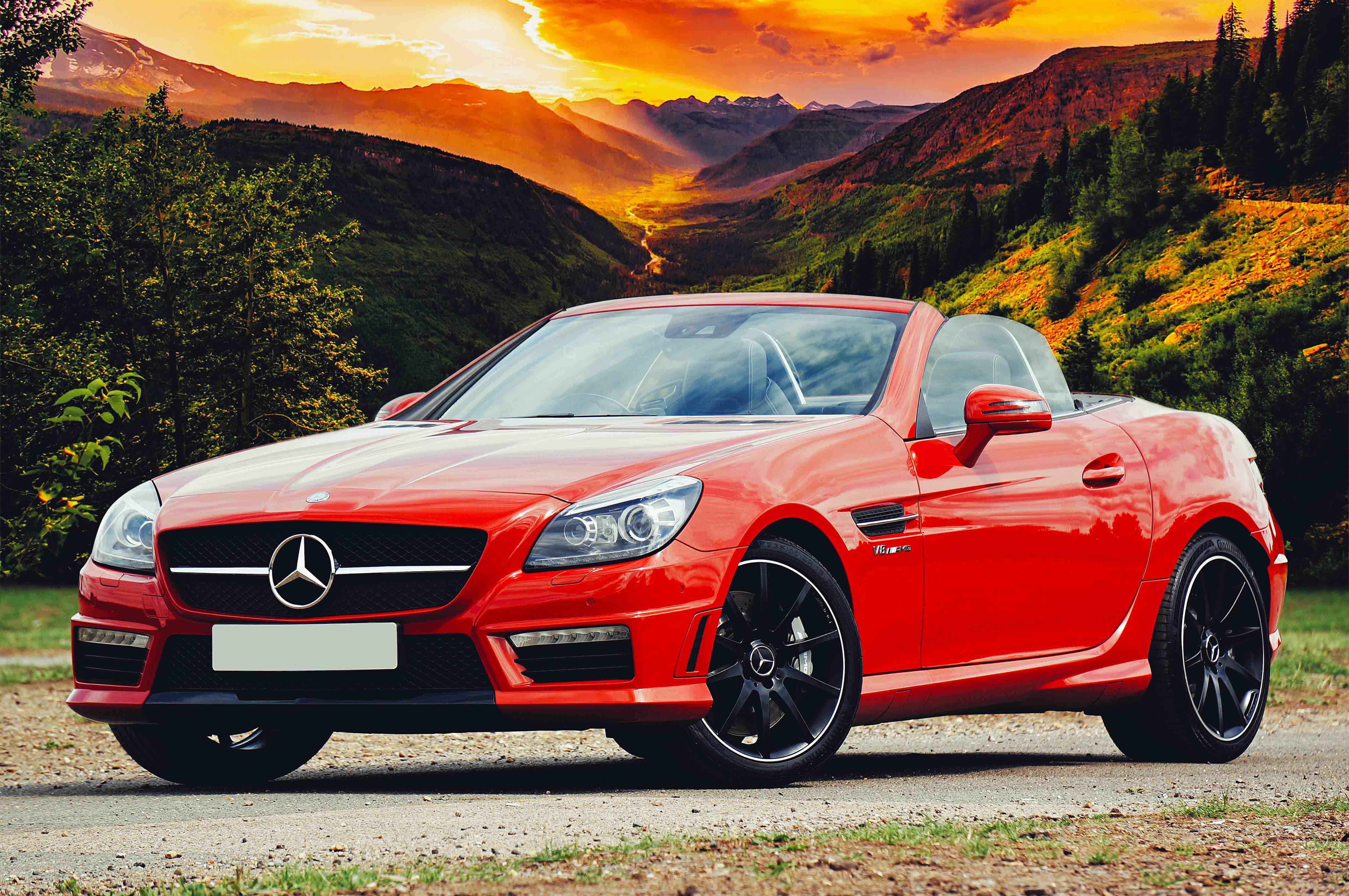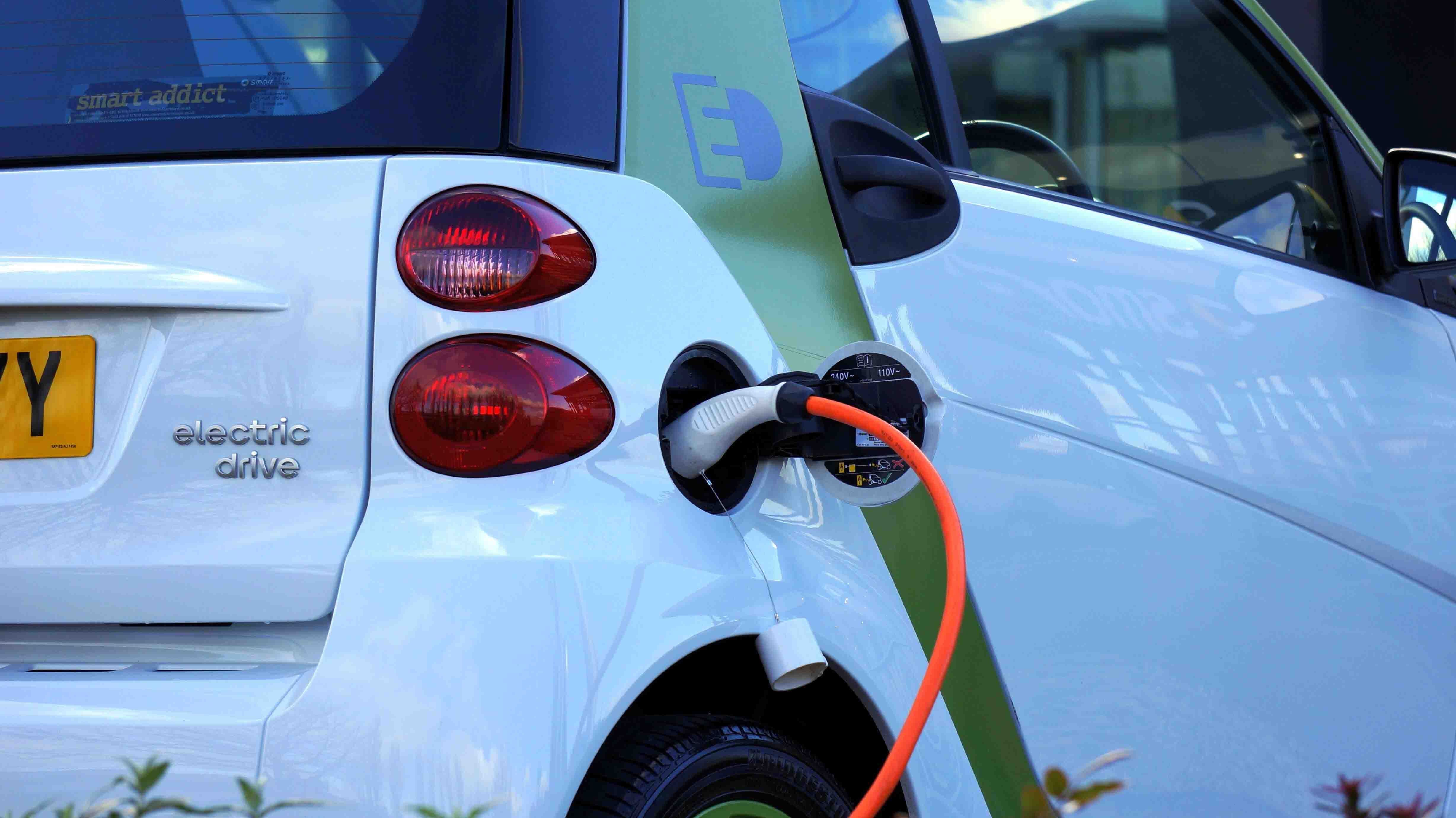Shanghai (Gasgoo)- On July 22, Yang Hongxin, Chairman of Chinese battery manufacturer SVOLT Energy Technology Co., Ltd. ("SVOLT"), revealed that the company was vigorously advancing the R&D and mass production of solid-state batteries. SVOLT plans to trial-produce its first-generation semi-solid-state battery with a capacity of 140Ah on its 2.3GWh semi-solid-state production line by the fourth quarter of 2025, according to the Chairman.
The SVOLT's semi-solid-state battery not only marks a significant breakthrough in SVOLT's solid-state battery technology, but will also serve as the dedicated power source for the next-generation MINI models from BMW. These batteries are expected for large-scale supply in 2027.
SVOLT has further plans for its semi-solid-state batteries. This year, the company will begin mass production of its first-generation semi-solid soft-pack battery with an energy density of 300Wh/kg, offering a significant cost advantage. Its second-generation semi-solid-state battery will feature an energy density of 360Wh/kg and a capacity of 78Ah.
In terms of all-solid-state batteries, SVOLT's first-generation product will achieve an energy density of 400Wh/kg and a capacity of 68Ah, primarily targeting applications in low-altitude aviation and automobiles. With higher energy density and superior safety, all-solid-state batteries are considered as the future direction of battery technology. SVOLT's early investments in this field undoubtedly position the company well in future market competition.
SVOLT's push in solid-state batteries is not unique. Since July this year, several listed companies on China's A-share market have disclosed their latest progress or mass production timelines for solid-state batteries, signaling a thriving development of the industry.
Among them, Chinese battery manufacturer Farasis Energy announced plans to complete a pilot production line for sulfide-based all-solid-state batteries with a design capacity of 0.2GWh by the end of this year. The company will also deliver 60Ah sulfide-based all-solid-state batteries to strategic partners. By 2026, Farasis Energy aims to scale up its all-solid-state battery production capacity to the GWh level.
Changan Automobile expects to complete solid-state battery vehicle validation by 2026 and begin gradual mass production by 2027, with energy density also reaching 400Wh/kg.
Chinese comprehensive provider of automotive parts systems Dare Auto has also announced that its solid-state batteries have passed the UN38.3 certification, laying the groundwork for expanding into international markets. The company is actively pushing forward with the construction of its solid-state battery pilot production line.
On the materials and equipment front, several positive signals are emerging for industrialization. Qingtao (Kunshan) Energy Development Group Co., Ltd. has entered the trial production phase of its dedicated materials for solid-state batteries. Meanwhile, SEVCPOWER, a Chinese battery manufacturer in Sichuan, has successfully installed the first batch of production equipment for its Phase I project, with installation and commissioning set to begin soon. These developments are crucial for ensuring a solid foundation for the mass production of solid-state batteries.
According to SDIC Securities, the shipment volume of China's solid-state battery industry is expected to grow to 11.1GWh in 2025, with shipments projected to reach 614.1GWh by 2030, presenting enormous market potential.
As solid-state battery technology continues to mature and the mass production process accelerates, its market potential across emerging sectors, such as new energy vehicles, low-altitude aviation, robotics, and AI, is expected to expand, with industrialization likely to gain momentum.



